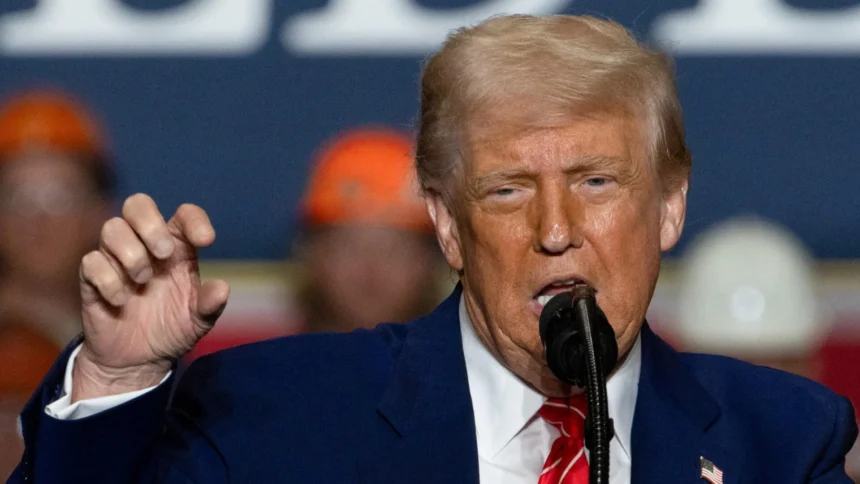President Donald Trump has imposed a travel ban on nationals from 12 countries, primarily in Africa and Asia, citing national security concerns and efforts to combat terrorism. The ban, set to take effect on Monday, will fully restrict entry for individuals from Afghanistan, Chad, Equatorial Guinea, Eritrea, Haiti, Iran, Libya, Myanmar, Republic of Congo, Somalia, Sudan, and Yemen
Additionally, seven countries—Burundi, Cuba, Laos, Sierra Leone, Togo, Turkmenistan, and Venezuela—will face partial travel restrictions, meaning entry under certain visa programs will be suspended rather than entirely prohibited. The administration justified the ban by pointing to high visa overstay rates and inadequate screening measures in some of the affected nations
Exemptions will apply to lawful permanent residents of the U.S., diplomatic visa holders, immediate family immigrant visas, adoptions, dual nationals traveling on passports from unrestricted countries, and athletes or teams participating in major sporting events like the World Cup or the Olympics.
Trump referenced a recent attack in Boulder, Colorado, as a reason for the renewed travel restrictions, though the suspect in that incident was an Egyptian national who entered the U.S. on a tourist visa before seeking asylum.
This move echoes a similar travel ban from Trump’s first term, which targeted several Muslim-majority countries and was upheld by the Supreme Court in a split decision.
Source: USA TODAY






